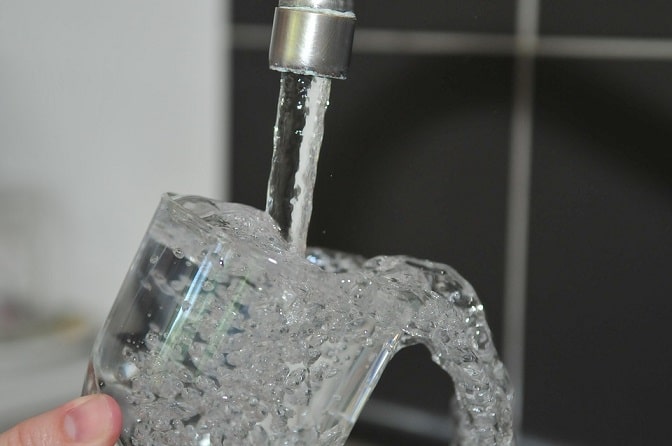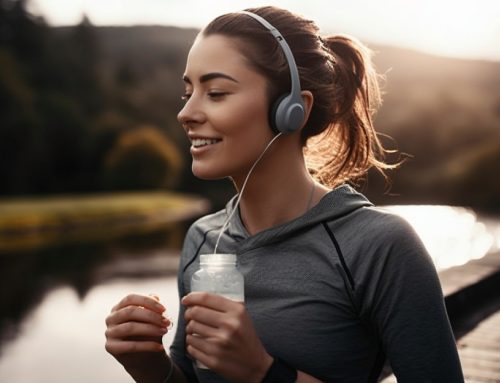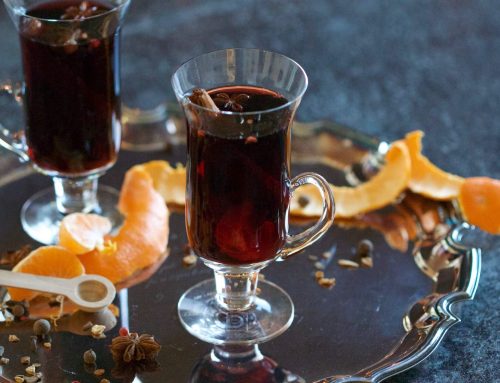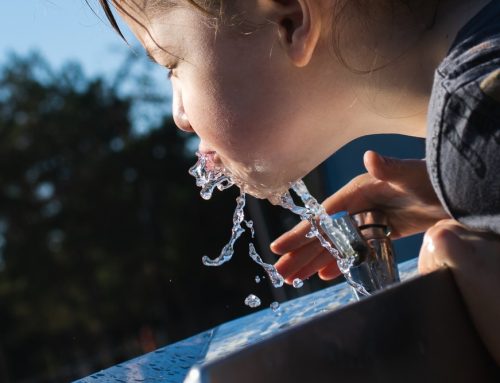It is essential that the water we drink is clean and free of any pollutants or toxins; otherwise, we run the risk of causing irreparable damage to our bodies by ingesting things that might potentially make us very unwell.
How to Reduce Your House’s Water Use and Save Money
It is essential to practise water conservation in the home since doing so helps reduce the amount of pollution that enters adjacent rivers, lakes, and other water sources. Because overcrowded municipal sewer systems can lead to raw sewage being released into lakes and rivers, it is in everyone’s best interest to keep the volume of water that travels through these systems to a minimum. Water saving practises in the home will be of assistance in avoiding this scenario.
Some straightforward approaches to water conservation in the house include the following:
- Check for Leaks Because a leaking faucet or pipe can waste hundreds of litres of water per day, it is important to check for leaks on a regular basis and to have them corrected as soon as you discover them.
- Do not throw trash or use the toilet as an ashtray because this causes the flushing system to work excessively and wastes many litres of water. In addition to that, inspect the septic tank in your toilet for any leaks. You can save more than ten litres of water daily by putting a stone, a block packed with pebbles, or a plastic bottle filled with water inside the tank of your toilet.
- Baths and Showers Taking a long bath or shower might squander an excessive amount of water—as much as 10 litres every minute. Put in a water-saving shower head and an aerator for your faucet that uses less than two litres of water every minute to cut down on your water usage. A four-minute shower uses approximately 20 to 40 litres of water on average. You can save a significant amount of water by taking shorter showers.
- Turn Off the Water While You Brush Your Teeth Never keep the water running while you brush your teeth; instead, moisten your toothbrush and then turn off the water until you need to rinse your mouth out. Instead of doing so under a running faucet, wash the vegetables in a bowl of water. Instead of doing so under a running tap, give your razor a quick rinsing in the sink using only a very small amount of water.
- In order to save the most water possible when using your washing machine and dishwasher, you should wait until you have a full load of dirty dishes or laundry before operating either appliance.
- Running a tap until the water is lukewarm enough to drink is an extremely inefficient use of water since it causes the water to evaporate. Keep a bottle of water in the refrigerator for drinking purposes, or invest in a water cooler that will provide you with immediate access to cooled water. Either option is preferable. In addition to cold water, some water coolers can produce lukewarm and even hot water.
Living-Water is your source for water cooler rental in London as well as water cooler accessories. Get a free trial of a water cooler as well as an analysis of your company’s water requirements.






